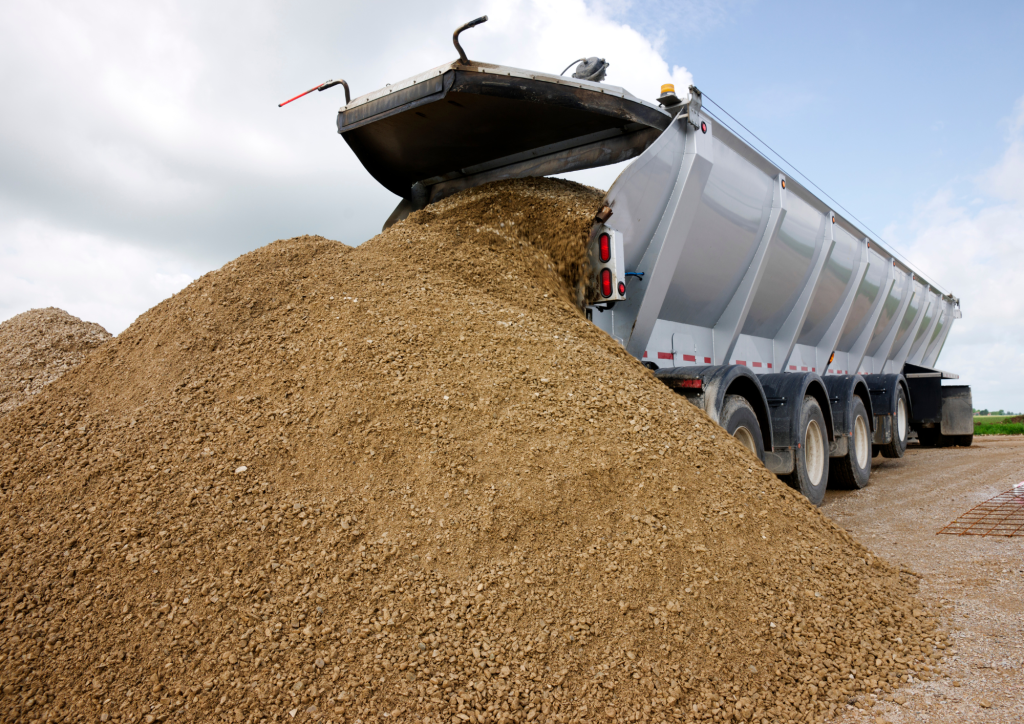

The Importance of Choosing Quality Aggregates in Construction
Whether you’re building a residential driveway or a towering skyscraper, the choice of aggregates can make a significant difference in the outcome of your project.
Firstly, let’s delve into the types of aggregates commonly used in construction. These include crushed stone, gravel, sand, and recycled concrete. Each type offers unique properties and benefits. For instance, crushed stone is known for its angular edges, which provide better interlocking and stability, while gravel is often used for its smooth finish and drainage capabilities.
The quality of aggregates affects not only the strength but also the workability and longevity of concrete. High-quality aggregates ensure that the concrete mix is cohesive and dense, minimizing voids and enhancing compressive strength. Poor-quality aggregates can lead to weaker structures, increased maintenance costs, and even structural failures over time.
When selecting aggregates, consider factors such as size, shape, texture, and the presence of impurities. It’s essential to match the aggregate properties with the specific requirements of your project. For example, larger aggregates might be suitable for foundations, while finer aggregates are better for surface finishes.
Conducting thorough testing of aggregates before use is also a critical step. Tests such as sieve analysis, specific gravity, and water absorption can provide valuable insights into the suitability of the materials for your project.
In conclusion, never underestimate the importance of quality aggregates. By choosing the right materials, you can ensure the success and longevity of your construction endeavors, resulting in safe, durable, and aesthetically pleasing structures.
